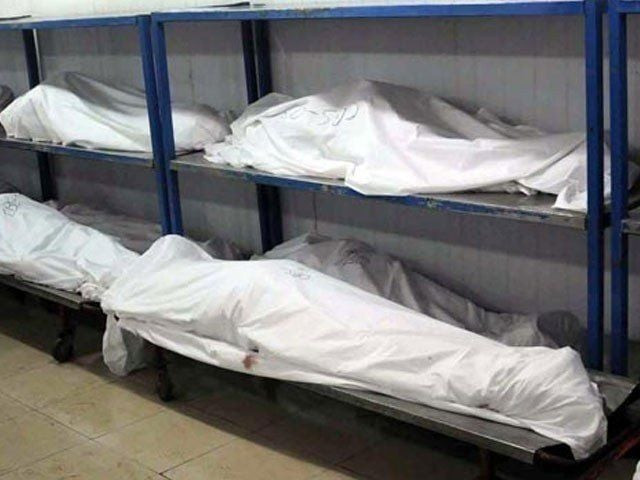At least 43 died of snakebite in Thar last month
People complain of anti-venom shots shortage at public hospitals of impoverished district

The extreme hot weather in mid-summer forces snakes to come out of their sandy hideouts in Thar Desert each year causing a spike in snakebite cases.
During last month, at least 43 snakebite victims were brought to the Umerkot Civil Hospital, officials said.
The patients include Nanji, Mohammad Hashim, Jalal, Marfat, Mohammad Yaqub, Rehmatullah, Azeem and others.
Most of the deaths were caused due to delay in getting the patient to the hospital owing to distance between the villages and the hospital, however, even if the patient does makes it to the hospital, there is a perennial lack of anti-venom injections at the public health facilities of the impoverished district.
A villager Ali Sher Rahimoon told PPI: "Snakebite is one of the most neglected public health problems in Thar area, which needs immediate measures to save the people, particularly farmers who work in the field."
Rahimoon, a comminity mobiliser, said Thar is Pakistan's most affected region by snakebites. The people of this backward area apply home remedies for snakebites plus there are no proper sources of transportation, says Sher
. He said that the government should establish anti-snake bite centres in the cities and towns of Thar to save people. Civil Hospital Umerkot Medical Superintendent Dr Azam Khosa said that they had ample vaccines for snakebite treatment in the hospital. He said that snake bite patients are brought to the hospital from remote areas of Thar Desert.
"We are providing all possible treatment facilities to the patients in the hospital," he added. Snakebites are occurring in different villages of Tharparkar located in talukas of Mithi, Islamkot, and Chachro. The most affected villages are Dahli, Khokhrapar, Batharo, and Sekhro.
Villagers said that snake bites cause many deaths in Tharparkar every year. Snakes occur in their natural habitat and bite only when startled or surprised by human intruders. Being part of wildlife, there is no policy to exterminate the snakes that are otherwise important to maintain ecological balance as the devour rodents.
Therefore the district administration or the health department does not take any precautionary measures against these snakes. The people of the area have to take precautionary measures against the snakes on their own. PPI



















COMMENTS
Comments are moderated and generally will be posted if they are on-topic and not abusive.
For more information, please see our Comments FAQ